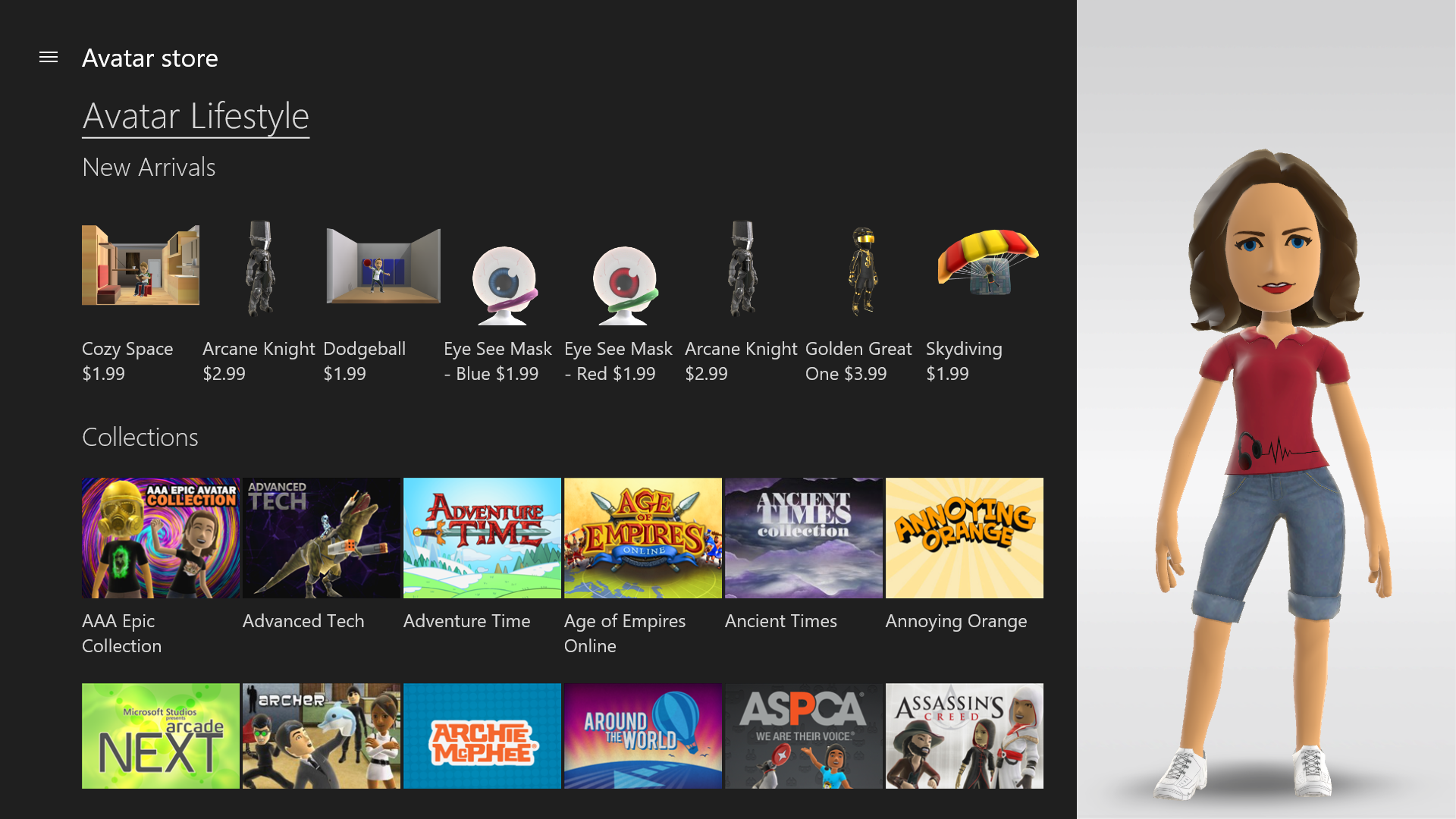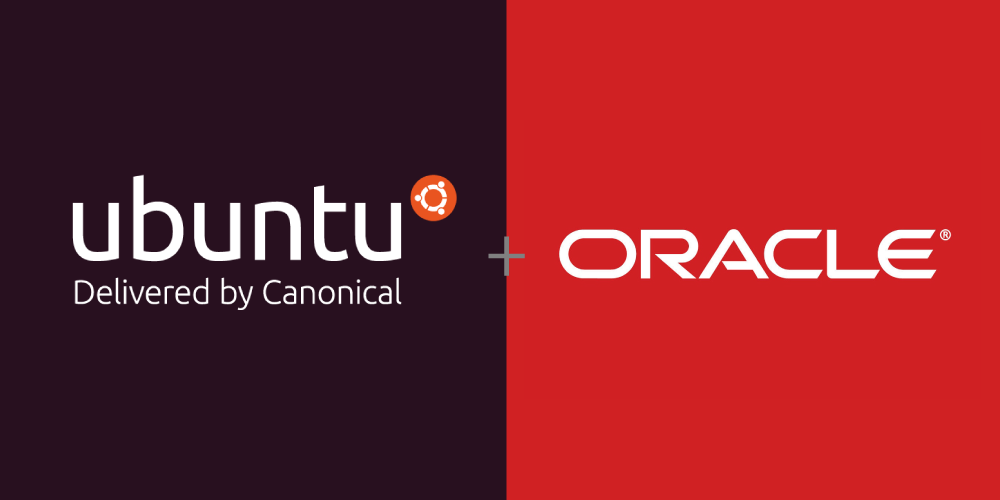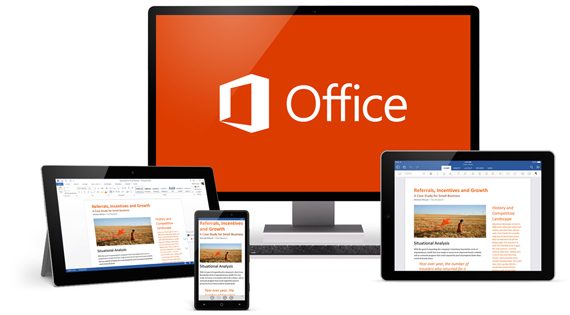
Xbox beta app for Windows 10 gets a fresh set of features
Microsoft has been trying to beef up its store for Windows 10, and especially trying to integrate its new operating system across multiple devices from computers to phones to its gaming console.
Now the company is trying to enhance that even more with a new update to its Xbox beta app for Windows 10. This is intended to add features that users were looking for and it is asking for feedback on what the customers think and what they still would like to see added.

Now it's Apple's turn to recall a potentially dangerous power adapter
Last week Microsoft issued a voluntary recall for AC power cords for its Surface slates, after reports they could overheat and potentially catch fire.
Today, Apple follows suit, issuing a voluntary recall for certain AC wall plug adapters which could break and potentially "create a risk of electrical shock if touched".

Smartphone shipments reach 1.43 billion units, setting new record
IDC has released its report on smartphone shipments in 2015, revealing record numbers for both Q4 and the whole year. In the last three months of 2015, vendors moved just shy of 400 million units, out of a total of 1.43 billion units. Samsung and Apple lead the pack, but rivals like Huawei, Lenovo and Xiaomi are coming strong from behind.
"Usually the conversation in the smartphone market revolves around Samsung and Apple, but Huawei's strong showing for both the quarter and the year speak to how much it has grown as an international brand", says IDC senior research manager Melissa Chau. "While there is a lot of uncertainty around the economic slowdown in China, Huawei is one of the few brands from China that has successfully diversified worldwide, with almost half of its shipments going outside of China. Huawei is poised to be in a good position to hold onto a strong number three over the next year".

Enterprises want to run databases in containers
More than three out of four IT decision makers are interested in running stateful applications like databases within containers, according to a recent survey.
Silicon Valley-based containerized data platform specialist Robin Systems conducted the survey in December 2015 with more than 200 respondents from industries including retail, banking and finance, manufacturing, and Internet infrastructure.

New SharePoint intranet platform helps Office 365 users collaborate
Intranets are increasingly common, even in smaller companies, allowing employees easy access to shared resources
For Office 365 users wanting to exploit the power of intranets, Florida based MessageOps is launching ROOT, a SharePoint intranet platform. ROOT is a feature-rich intranet portal that gives customers an opportunity to create a more collaborative working environment, and give their employees a central access point to important company information and apps.

VClip is a quick and easy desktop recorder
BahraniApps has released VClip 1.0, a freeware tool for recording video and audio of your desktop.
The program has a strong emphasis on simplicity. Which means: it’s basic. Very basic. There’s no option to capture the full screen, for example, or a specific window -- you can record a freehand rectangle only.

What's wrong with Apple?
To industry pundits and casual observers, it came as a shock this week when Apple projected that growth for its iPhone sales would hit the slowest pace since 2007, the year of the iconic phone’s release. At the same time came the first forecasted decline in Apple’s revenue in the last 13 years. Currency fluctuation and the cooling of China’s economy notwithstanding, Apple’s predicament is a reflection of tough times across the board in the mobile phone industry.
Back in 2011, a Beijing startup mobile phone maker named Xiaomi, developed a social media platform to engage millions of Chinese, turning young consumers into casual programmers to enhance its mobile phone’s operating system. In less than four years, Xiaomi saw its revenues soar, surpassing Samsung and Apple’s market share in China; it became the country’s largest mobile phone maker, and the world’s third.

PDF Multitool extracts audio, video from PDFs
ByteScout’s do-everything freeware PDF Multitool has been updated to 6.20 with new options for extracting embedded audio and video from PDFs.
Smarter text extraction means the program does a better job of auto-detecting document tables and saving their data to CSV or XML.

This is Bill. He is cluttering up Facebook. Be smart. Block Bill.
The first half dozen times I encountered the Bill meme on Facebook, I found it amusing. But after a while, the sanctimonious stick man -- who explains how people should use the web, among other things -- began to grate.
And then everyone started to make their own versions, using their own names. At that point, it was clear, enough was enough. If you feel the same, be like me, and block Bill, and all of the other variations by following these steps.

Canonical and Oracle team up to boost enterprise cloud use
Canonical, the company behind Ubuntu Linux, has announced a collaboration with Oracle to make Ubuntu images available on Oracle Cloud.
Under the deal, Certified Ubuntu images will be available on the Oracle Cloud Marketplace, providing Oracle enterprise customers with increased choice and new and innovative ways to manage and scale their enterprise workloads, using the number one cloud operating system.

Brace yourself for a Windows 10 crapware explosion -- pre-installing TripAdvisor is just the start
Yesterday, TripAdvisor made a couple of announcements. The first was innocuous enough, letting people know that there was now a TripAdvisor app for Windows 10 available to download for free. Lovely stuff, if you like that sort of thing. The second announcement is less pleasing. It will be "pre-loaded on millions of Windows 10 compatible devices".
This is clearly going to be something that divides opinion, but I don't think I'm alone in thinking that padding out Windows 10 Mobile with crapware might not be the best way to attract users. There's no denying that TripAdvisor can prove useful -- it's helped me to make dining decisions on more than one occasion -- but pre-installed apps are rarely, if ever, a good idea, and Microsoft is hardly in a possible to put a (nother) foot wrong with Windows 10.

Tablet shipments see double digit drop in 2015
The demise of the tablet seems inevitable, as shipments percentage dropped in double digits for the first time ever. Market intelligence provider TrendForce reported that in 2015 a total of 168.5 million units were shipped, representing a 12.2 percent drop year-over-year.
Notebook analyst for TrendForce, Anita Wang, confirmed what we all already knew -- smartphones, phablets and two-in-one devices were interfering too much with the tablet market, and with the devices having a somewhat longer lifespan, the results are a decrease in new shipments.

Wendy's investigating a possible credit card breach
There have numerous instances of credit card breaches recently, with many popular companies affected by the problems. News of one more seems to be expected these days, and now it is beginning to break that a fast food chain may be the latest in this growing line.
Before you panic, this is only being investigated at the moment, so everything may be fine. So far all that's known is that several banks reported a pattern of fraud charges and the common link was that each had been used at a Wendy's location.

Microsoft and Box expand integration for Office platforms
Cloud storage is everywhere these days, with many big players in the game. Despite that Microsoft runs its own service, OneDrive, which fully integrates with Office, that doesn't mean the company isn't open to allowing its customers to use a service of their choosing.
One of those options is Box, which has worked with Office for some time, but now the two pals are getting a bit closer by expanding the integration.

What you need to know about mobile device management
The way in which we work has changed significantly in recent times. It was not that long ago that your standard office job meant being tethered to your desk from nine to five, glued to your PC screen. The rise of smartphones and web apps, however, have disrupted these traditional ways of working, granting employees more freedom than ever before. But this new mobile workforce also poses challenges for the modern business, particularly regarding security.
Of course, organizations cannot afford to restrict workplace mobility, as this would see them overtaken by a more flexible and innovative competitor. Therefore, businesses are tasked with enabling mobility without introducing vulnerabilities into the workplace -- which is where mobile device management comes in.


